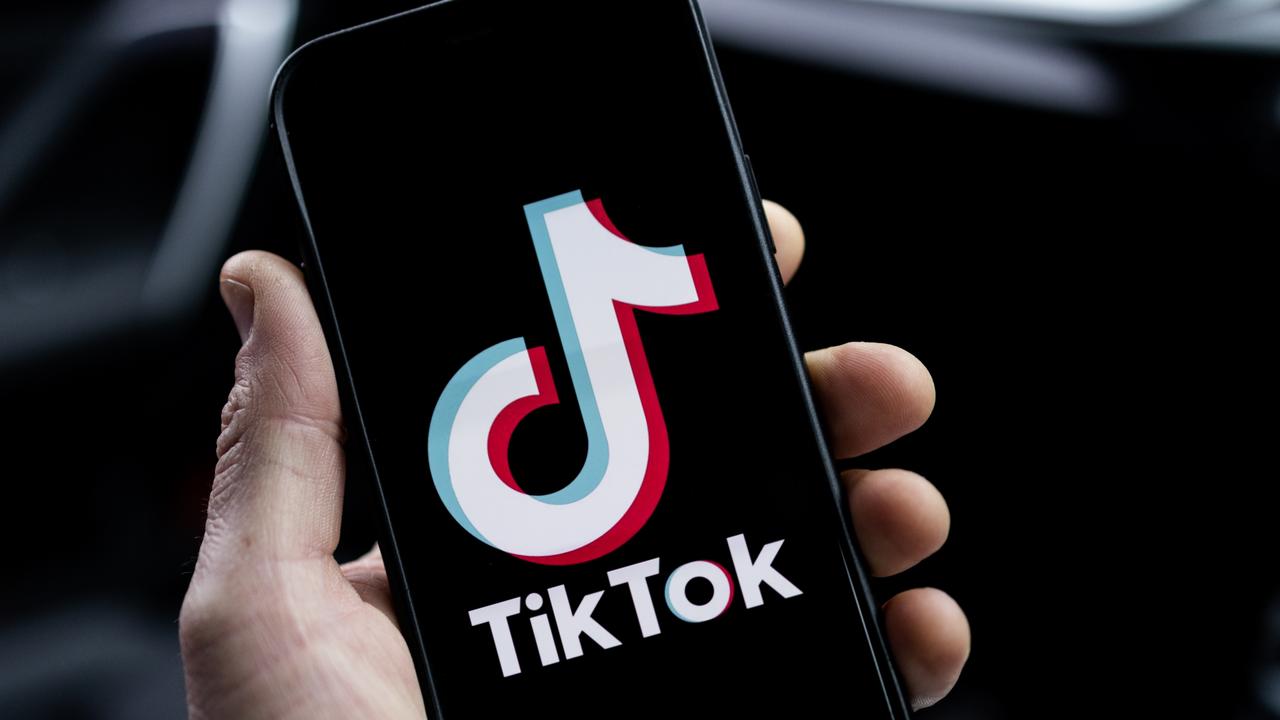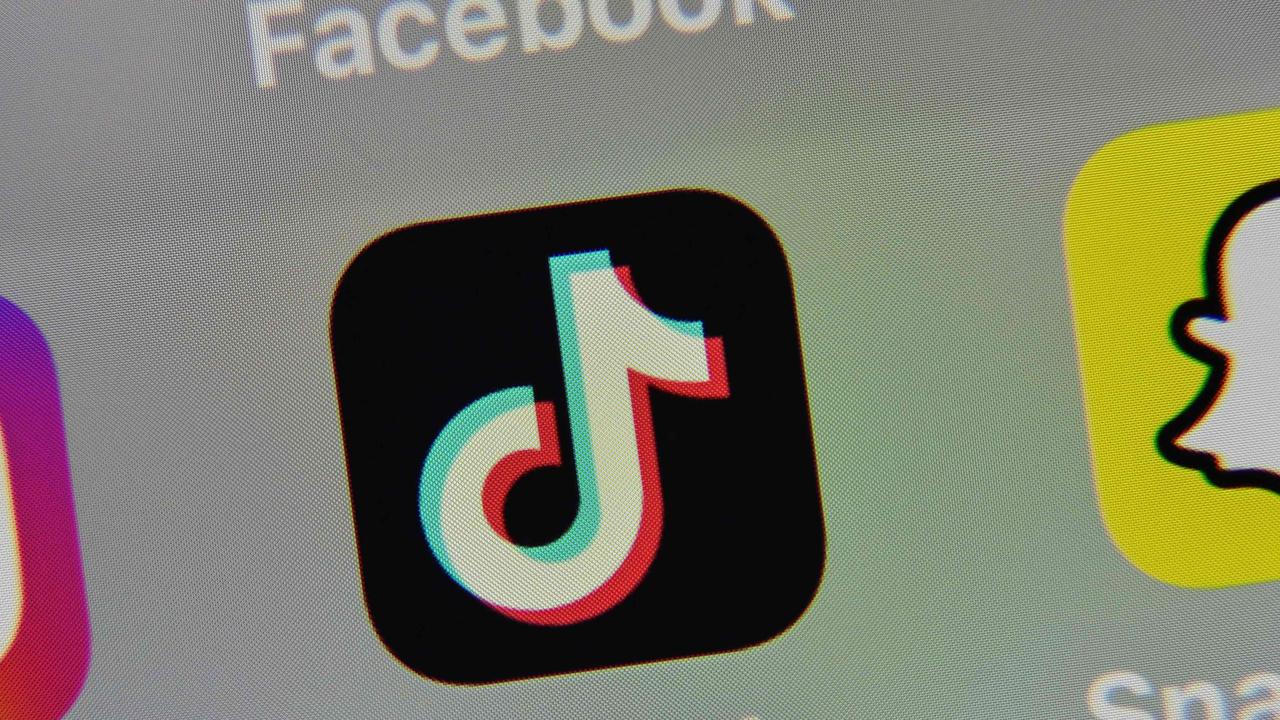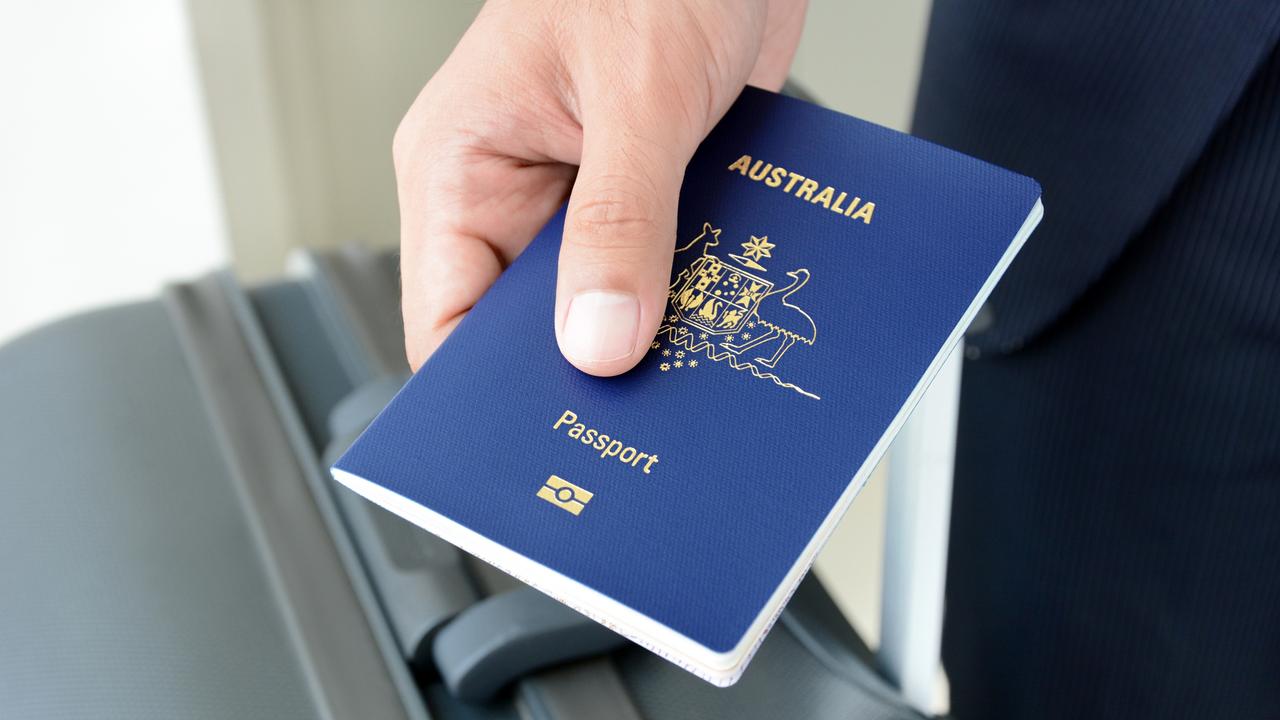Australian government bans TikTok
Popular video sharing app TikTok will be banned from all Australian government devices because of security concerns about the Chinese-owed platform

READING LEVEL: RED
Popular video social media app TikTok will be banned from all Australian government devices due to security concerns around the Chinese-owned platform.
The ban was announced this week following a Department of Home Affairs review into the national security and privacy implications* of data collection by social media companies.
All government and department-issued devices used by politicians and public servants will no longer be able to have the TikTok app installed, however the ban does not apply to private devices.
Attorney-General Mark Dreyfus said the ban would come into effect “as soon as practicable*”. “After receiving advice from intelligence and security agencies, today I authorised the secretary of the Attorney-General’s Department to issue a mandatory* direction under the Protective Security Policy Framework to prohibit* the TikTok app on devices issued by Commonwealth departments and agencies,” he said in a statement on April 4.
Similar restrictions have already been introduced in the US, UK, New Zealand and Canada, as well as by the European parliament.
Security officials have raised concerns the Chinese government could access data collected by TikTok, whose parent company, ByteDance, is based in China.

TikTok’s general manager of Australia and New Zealand, Lee Hunter, said company was “extremely disappointed”.
“We are also disappointed that the government has refused to engage with us on this matter, instead preferring to have the media inform us of this change in government policy,” he said.
“Again, we stress that there is no evidence to suggest that TikTok is in any way a security risk to Australians and should not be treated differently to other social media platforms.”
Mr Hunter said TikTok’s millions of Australian users deserved a government which treated all businesses fairly, “regardless of country of origin”.
“The government’s failure to consult* with us about this decision should be deeply concerning to businesses right across the country,” he said.
The US Congress is currently considering a bill* that would go even further by bringing in a total ban on TikTok and any other platforms linked to foreign governments.
Australia is not currently considering any wider bans on TikTok.
Home Affairs Minister Claire O’Neil last year launched a security review into data harvesting* by social media platforms, which is expected to inform the development of policies to prevent the misuse of information collected by various apps.

Opposition cyber security spokesman James Paterson has been a vocal critic of the government for failing to act faster to ban TikTok on government devices.
“The risks posed by this app have been apparent for some time, particularly since their July 2022 admission about user data, and the revelations in December that employees of TikTok in China used the app to spy on journalists writing critical articles about the company and lied about doing so,” he said in March.
The Australian government ban came after Britain’s data watchdog* fined TikTok $23 million for breaching* data protection laws, including using the personal data of children aged under 13 without parental consent.
The watchdog, called the Information Commissioner’s Office (ICO), estimated TikTok allowed as many as 1.4 million UK children under 13 to use its platform in 2020, even though it sets 13 as the minimum age to create an account.
The ICO said TikTok did not do enough to check who was using its platform and remove those who were too young.
It was concerned data collected from children using TikTok could have been used to track and profile them, potentially presenting them with harmful or inappropriate content.
TikTok said it did not agree with the ICO’s decision.
GLOSSARY
- implications: something hinted at or suggested, but not said directly
- practicable: capable of being done or put into practice.
- mandatory: required by a law
- consult: to look to for advice or information
- bill: a proposed law
- data harvesting: collecting information from various sources, like websites, apps and social media platforms
- watchdog: an organisation that makes sure that companies or governments are not doing anything illegal or wrong.
- breaching: breaking the law
EXTRA READING
TikTok sets screen time limits on teens
TikTok feeding kids’ junk diet challenges
Guinea pigs right at home as TikTok stars
QUICK QUIZ
- Why is TikTok being banned from all Australian government devices?
- Does the ban apply to private devices?
- What is the name of TikTok’s parent company?
- Why is TikTok’s general manager of Australia and New Zealand, Lee Hunter, “extremely disappointed” by the decision?
- Why did Britain’s data watchdog fine TikTok $23 million?
LISTEN TO THIS STORY
CLASSROOM ACTIVITIES
1. Change the Settings
Choose your favourite social media site or app. Do you know how to change the privacy settings so that only your friends can see you?
Create a flowchart that will help someone in your class learn how to use the privacy settings. If you don’t know, find out.
Time: allow 20 minutes to complete this activity
Curriculum Links: English, Digital Technologies, Personal and Social Capability
2. Extension
Do you know what information can be gathered by apps such as Tik Tok? Use your research skills if you don’t know. Use the information to write a report on this topic.
Time: allow 30 minutes to complete this activity
Curriculum Links: English, Digital Technologies, Personal and Social Capability
VCOP ACTIVITY
Wow word recycle
There are plenty of wow words (ambitious pieces of vocabulary) being used in the article. Some are in the glossary, but there might be extra ones from the article that you think are exceptional as well.
Identify all the words in the article that you think are not common words, and particularly good choices for the writer to have chosen.
Select three words you have highlighted to recycle into your own sentences.
If any of the words you identified are not in the glossary, write up your own glossary for them.
Extension
Find a bland sentence from the article to up-level. Can you add more detail and description? Can you replace any base words with more specific synonyms?
Down-level for a younger audience. Find a sentence in the article that is high level. Now rewrite it for a younger audience so they can understand the words without using the glossary.

